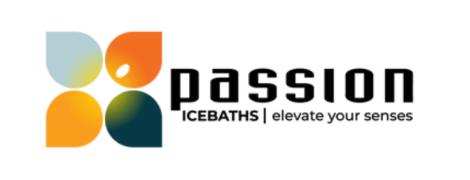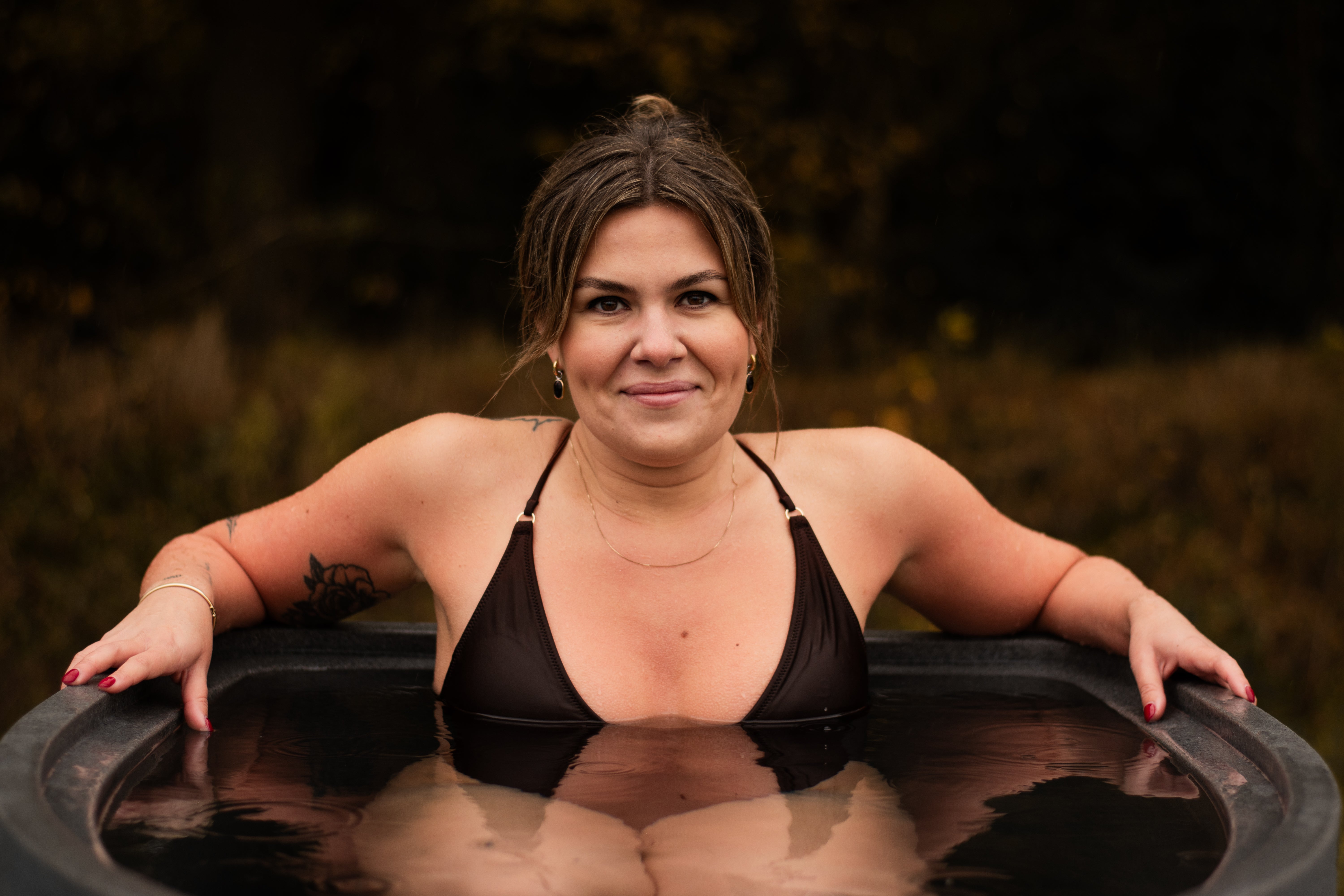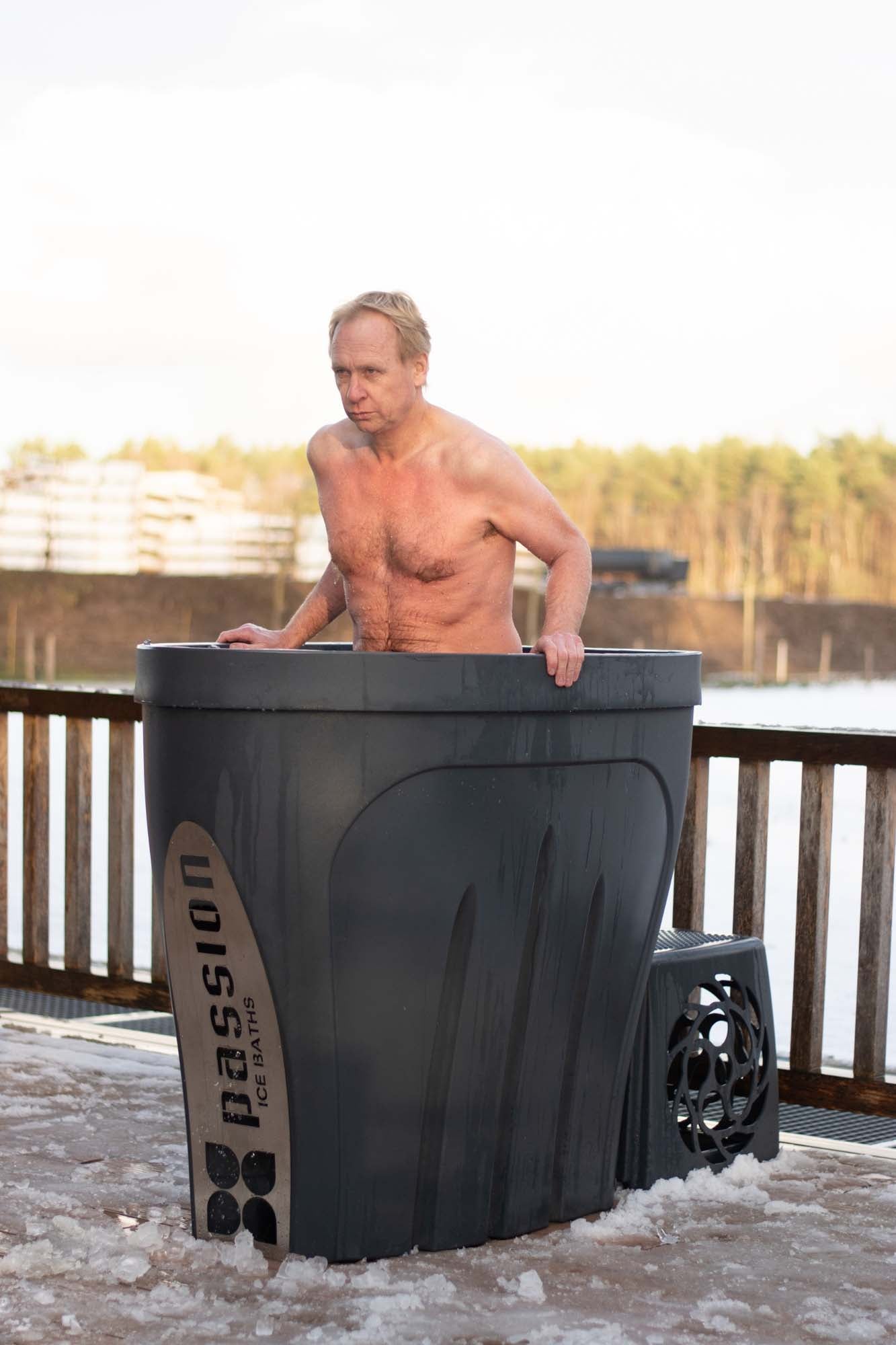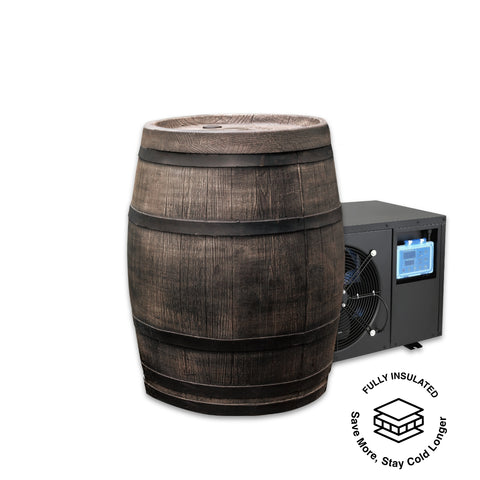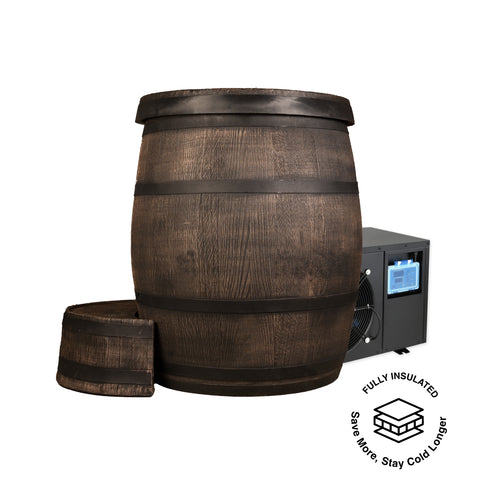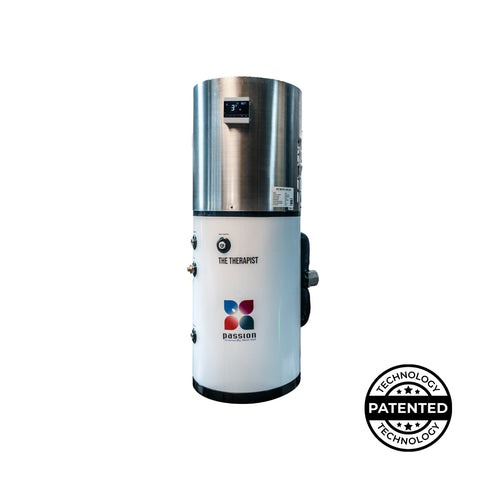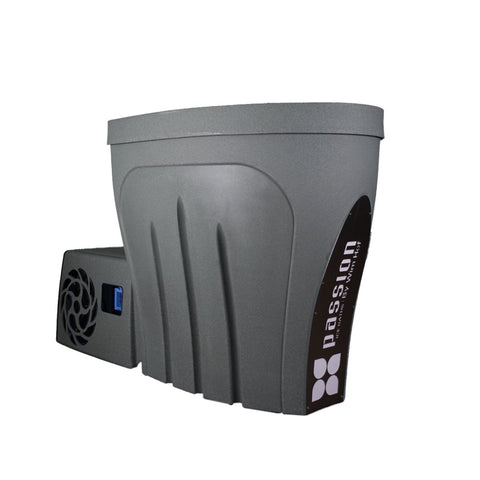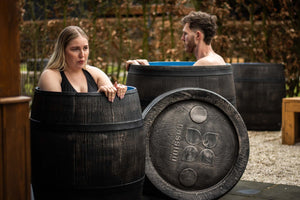
The Science Is Catching Up
The theories and practical applications of new technology, methods, and systems often precede the science that supports them. Millions of users worldwide have used cold plunging to improve their overall physical and emotional health, their lifestyles, and their pain and disease tolerance. The science supporting the many cold plunge benefits from ice baths, cold plunge barrels, and cold showers, is emerging rapidly.

The relationship between the human body and its immediate environment has long been a subject of fascination and study, with modern science increasingly uncovering how our physiological systems can be influenced to enhance health and resilience. Among the practices that have captured the interest of both the public and scientific communities is cold therapy.
Cold therapy involves exposing the body to very low temperatures for therapeutic purposes. Modern benefits of cold plunge science include reducing pain and inflammation, boosting immune function, enhancing mental health, and improving endurance and recovery.

Understanding Cold Therapy
The Science of Cold TherapyCold therapy has gained recognition for its significant health benefits. Often combined with breathing techniques and mental focus, this practice helps influence the autonomic nervous system and immune response — effects once thought impossible until confirmed by scientific research.
Key Cold Plunge Science Research
View all University StudiesMood & Immune Function
The Effect of Cold Showers on Health and WorkIn a randomized controlled trial with over 3,000 participants, daily hot-to-cold showers (ending with 30–90 seconds of cold) reduced self-reported sick leave by 29% over 90 days, even though illness days were unchanged. This suggests cold exposure may improve resilience and perceived health.
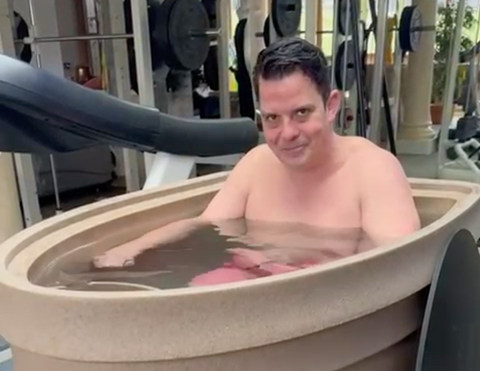
Metabolism & brown fat
Cold-Activated Brown Adipose Tissue in Healthy Menvan Marken Lichtenbelt et al., New England Journal of Medicine, 2009 Using PET-CT scans, researchers showed that mild cold exposure (16 °C) activates brown adipose tissue (BAT) in 96% of healthy men. BAT burns calories to generate heat, positioning cold exposure as a potential tool to combat obesity and metabolic disease.
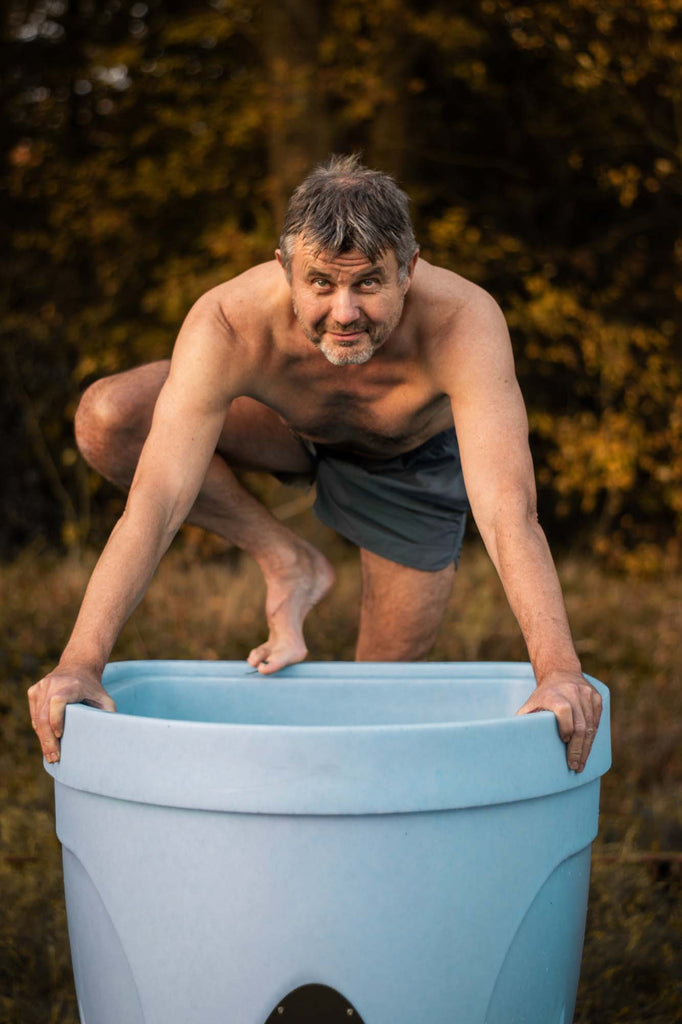
Discover More
Health Benefits of Cold Therapy
Cold plunge therapy is associated with various physiological changes and health benefits.
Enhanced Immune Response
Studies have shown that polar plunge therapy can increase anti-inflammatory cytokines and decrease pro-inflammatory cytokines. This indicates a boosted immune system that can more effectively fight off disease and illness.
Increased Adrenaline Levels
Use of a cold plunge near me has been found to increase adrenaline, a hormone essential for the fight-or-flight response, which also helps reduce inflammation.
Improved Pain Threshold
Regular use of cold therapy has been shown to increase pain tolerance, potentially through the strengthening of mind-body connectivity.
Mental Health Benefits
Ice bath participants often report better stress management, improved sleep patterns, and greater overall well-being.
Evaluating the Risks
While the benefits of ice bath and shower therapy are compelling, and the cold plunge science supporting its effectiveness continues to emerge, it is important to acknowledge the risks associated with cold exposure if not practiced properly. The extreme nature of cold exposure can pose health risks, including the potential for hypothermia, frostbite, and cardiovascular stress. These risks highlight the importance of practicing cold plunge therapy with caution and, ideally, after consulting with a healthcare provider, especially for individuals with underlying health conditions.
The Future of Cold Plunge Science Research
The ongoing scientific exploration of cold plunge therapy continues to uncover how these practices can impact human physiology. Ongoing research and study will help clarify the long-term effects, additional therapeutic benefits, and practical uses for treating and relieving chronic inflammatory and autoimmune diseases, among other conditions.
Our Ice Bathing Pros sayit’s impressive
View all reviewsFrequently Asked Questions
Are ice baths safe for everyone?
Ice baths are generally safe for healthy individuals, but those with certain medical conditions, such as heart issues or circulation problems, should consult a doctor before starting cold plunge therapy. Always listen to your body and avoid staying in the water if you feel overly uncomfortable or experience numbness.
How often should I use an ice bath or shower?
Cold plunge tub or shower usage depends on your goals. Athletes may use ice baths after intense workouts, while others might include them in their routine two to three times a week for overall wellness.
How long should I stay in a cold plunge tub or shower?
Beginners should start with one to three minutes and gradually increase their time as they become accustomed to the cold. Advanced users often aim for five to 10 minutes in a cold plunge tub or shower, depending on their comfort and goals. Always listen to your body and avoid overexposure.
What should I do to prepare for an ice bath?
Focus on controlled breathing before and during your cold plunge session to help calm your body and mind. Starting with shorter sessions and warmer temperatures can make the transition to colder water more manageable over time.
